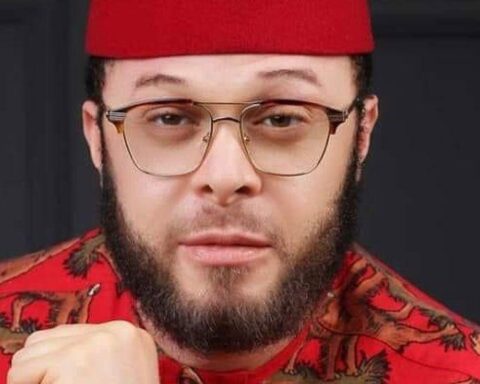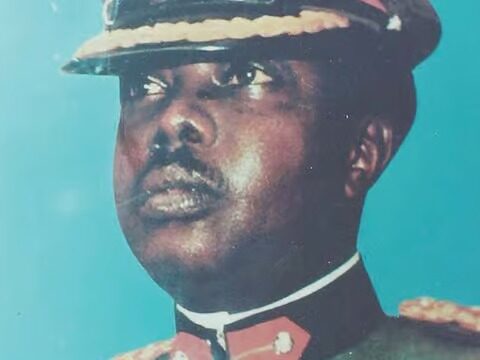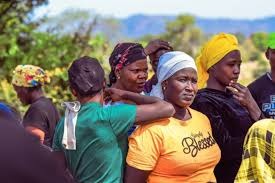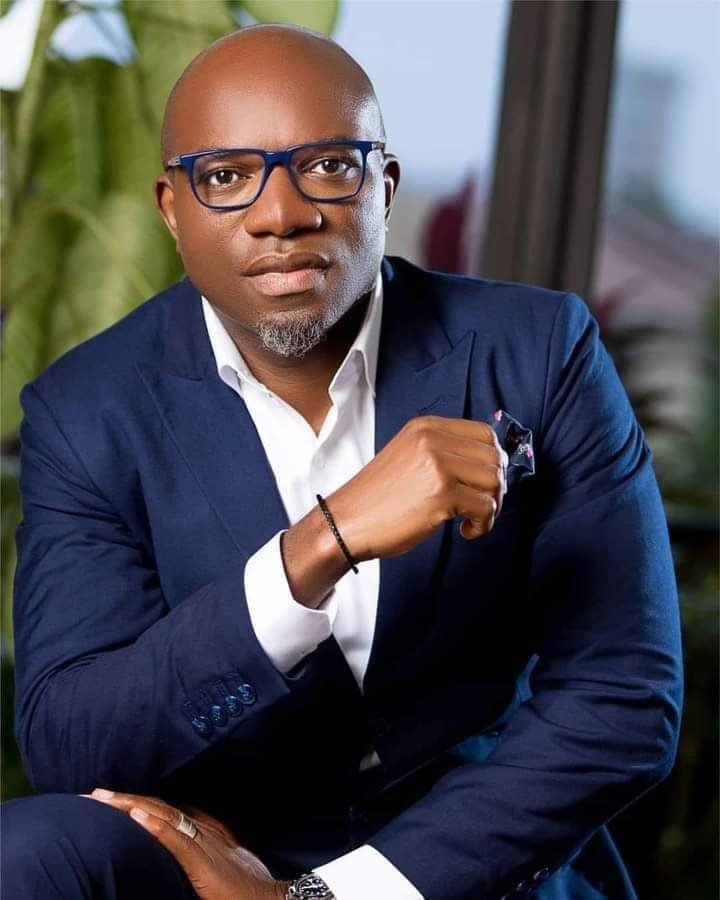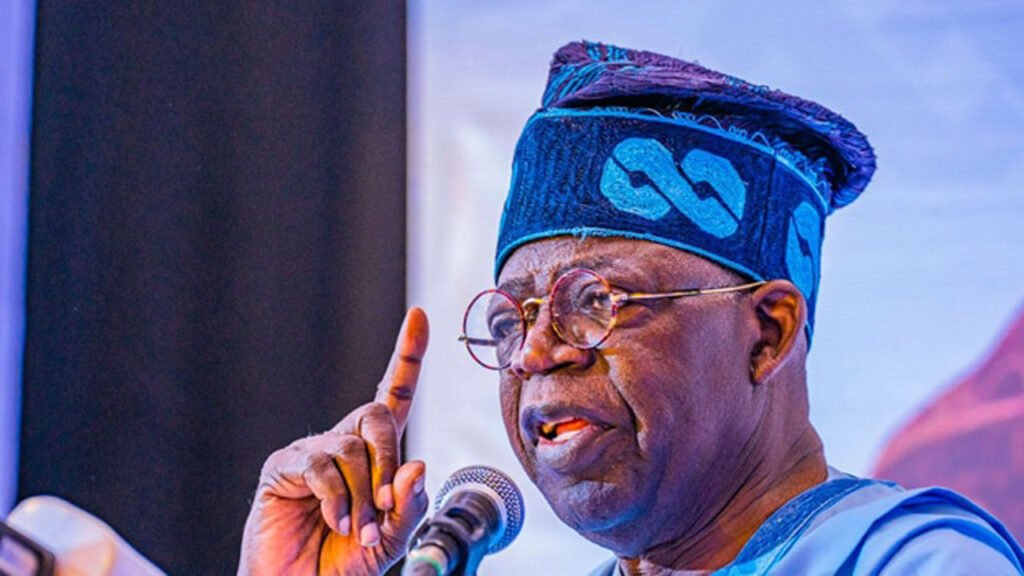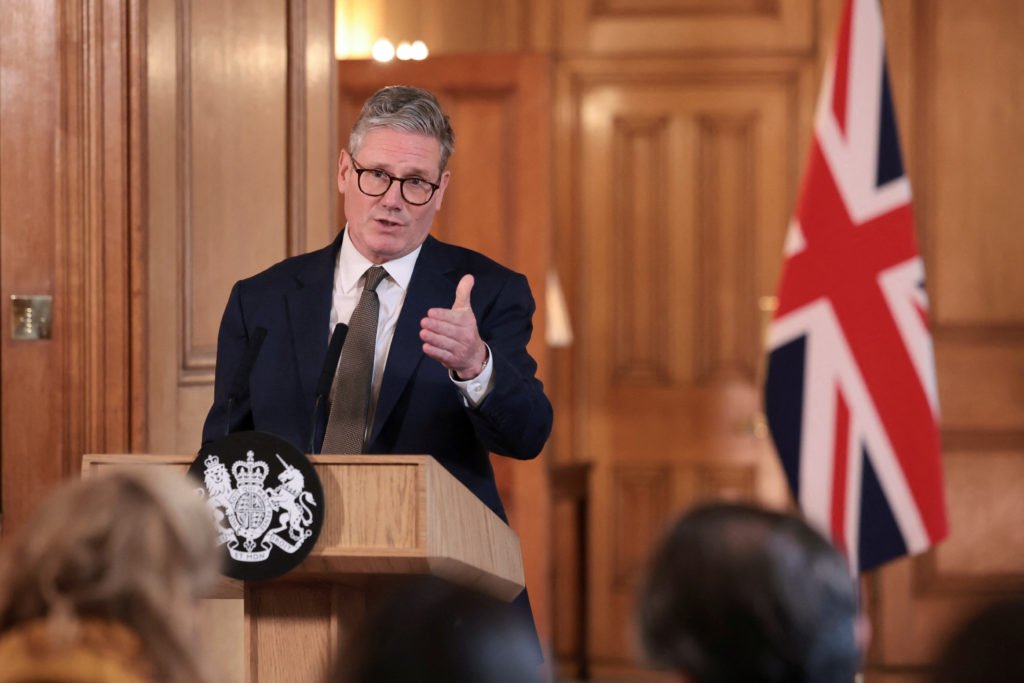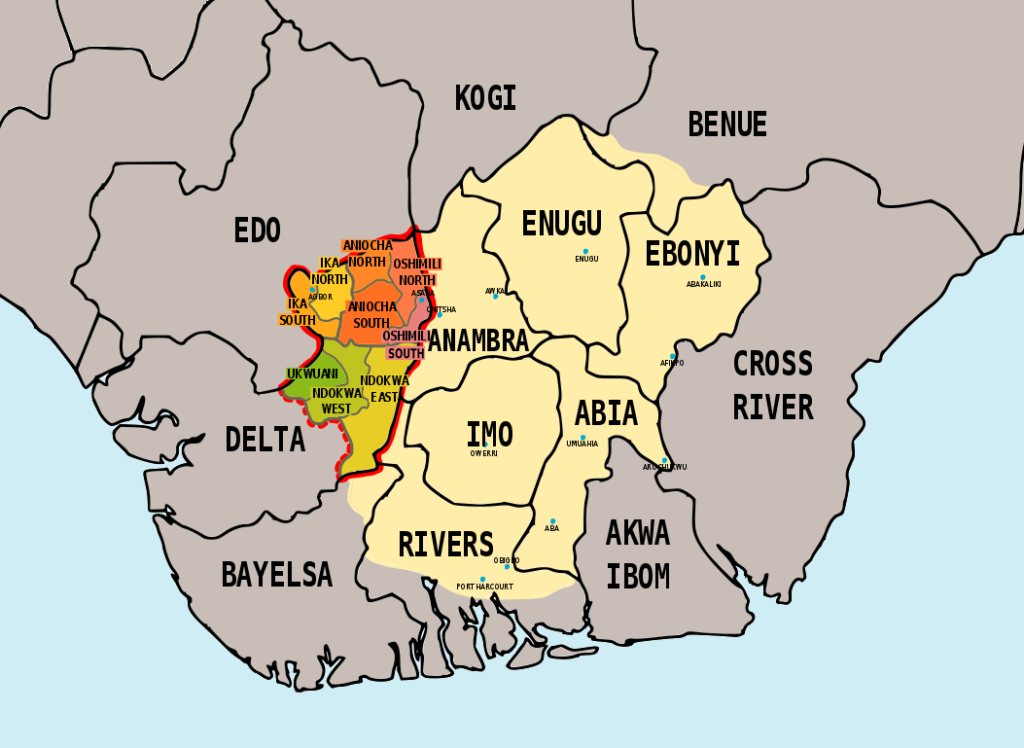The recent encomium showered on Aliko Dangote by President Bola Ahmed Tinubu is worthwhile and deserving. It is akin to giving honour to whom it is due. Dangote is an enigma, a touring beacon of hope for Nigeria and indeed Africa.
Tinubu had during his visit to the $20 billion Dangote Refinery Complex in Lekki Lagos, praised Dangote for his sterling contributions to Nigeria’s economic transformation and industrial development. On another occasion, after praising other prominent figures like Femi Otedola, Jim Ovia and Abdul Samad, Tinubu specifically hailed the Dangote Refinery as a “great phenomenon of our time” that would drive economic growth and development in the country.
There is no doubt the Aliko Dangote, founder and CEO of the Dangote Group and Africia’s richest man is indeed a phenomenon, an industrial and economic colossus of our time.
Chairman Aliko Dangote, Nigeria’s world-class mega business tycoon, bestriding Africa’s business firmament, has continued to make tremendous contributions unabatedly. This black enigma from Nigeria has brought fame, honour and respect for Nigeria, a country wallowing in utter bastardisation to itself. Aliko Dangote’s firmament brightens Nigeria. The unassuming and humble Dangote remains exceptional in the catalogue of Nigerian billionaires. Dangote is one good thing that has happened to Nigeria. He gives hope that Nigeria and indeed, Africa, has something good to offer the world.
Dangote’s chapter in Nigeria’s checkered history of political upheavals, economic buccaneering, social disharmony, ethnic bigotry, rancour and acrimony, offers a different narrative. That narrative foreshadows undaunted steady hope in great opportunities manifesting in immense wealth, joy, happiness and a full realisation of the essence of man. That Aliko Dangote has distinguished himself amid the chaos in Nigeria is awesome.
The Dangote narrative, on one hand, captures what Nigeria and indeed Africa ought to be – rich and prosperous nations, fully exploiting the endowed natural and human resources. Poverty, lack, disease and suffering ought not to be associated with Africa.
On the other hand, the Dangote narrative also clearly buttresses what America’s success consultant, Kopmeyer said in his classic book, 1000 Success Principles, that one way to succeed in life is to be confronted with problems or obstacles. Kopmeyer counsels that if you have not met obstacles in life, you should pray for one. It is the obstacle that will push you into thinking and acting in an extraordinary way that leads to success.
How Aliko Dangote, who was born and bred in Nigeria, with its dream killing and suffocating systemic obstacles that have kept millions down, was able to rise above the problems is puzzling. How he was able to brace the challenges, having started from the scratch, ought to be a subject of study for the younger generation in schools. The Dangote paradigm ought to be studied. It represents how to succeed amid turmoil with dignity and integrity.
While it is on record that his grandfather Alhaji Sanusi Dantata gave him seed money to start his own business, how he managed the small capital to now be counted among the world’s billionaires need to be studied. Thousands of people have been provided with such seed money but failed.
But Dangote has a different spirit; a meek and enduring humble spirit that sails safe through storm. What is being celebrated in Dangote may not be the wealth but the spirit behind the wealth. The wealth, fame, companies and assets are the physical manifestation of an inherent personal endowment inherited from his family. The power of unrelenting thinking is behind the Dangote success.
Born in Kano on April 10, 1957 to Mohammed Dangote and Hajia Mariya Sanusi Dantata, a prominent business Muslim family. His great grandfather, Alhaji Alhassan Dantata was said to be the richest African when he died in 1955.
Young Aliko had his early education in Kano before proceeding to Al-Azhar University in Cairo, Egypt, where he studied Business Studies. He cut his teeth in business right from primary school. He once said he bought cartons of sweets and sold to make money.
What today is a record-breaking business empire started in Kano in 1977, when Dangote started trading in commodities and building materials. That same year, he moved his business to Lagos and continued to trade on cement and other commodities.
Dangote’s business recorded tremendous success early. In 1981, he incorporated two companies and in quick succession, he incorporated other companies all of which now make up the Dangote Group.
The Dangote Group is in diverse range of manufacturing industrial goods. The Dangote Textiles and the Nigeria Textiles Mills Plc, which he acquired, with a ginnery in Kankawa in Katsina State, has a capacity of 30,000 seeded cotton annually. It produces over 120,000 metres of finished textiles daily.
Dangote cement is Nigeria’s largest cement producer. The plant in Obajana is the largest in sub-Sahara Africa. With plans to expand to 13 other African countries including Benin, Ghana, Cameroon, Togo, Ethiopia, Zambia, Kenya and many more. In 2014, Dangote cement reportedly had a market capitalisation of $20 billion. Dangote Industries Limited, of which the Dangote Cement is subsidiary, is the largest company traded on the Nigerian Stock Exchange.
The sugar refinery at Apapa in Lagos is rated the largest in Africa and third largest in the world with annual capacity of 700,000 metric tonnes of refined sugar. Another 100,000 tonnes capacity sugar mill is located in Jigawa State.
Apart from having investments in the National Salt Company in Ogun State, Dangote Group has salt factories at Apapa and Calabar. A polypropylene bag factory produces all the bags used in packaging Dangote products. Dangote has over 600 trailers for the effective evacuation of its goods to all parts of the country.
Perhaps, at the turning point of Dangote’s business is the new refinery plant in Lekki, Lagos. Coming after the Federal Government and some private groups granted licences to build refineries had failed, the refinery is making fuel scarcity history and boosting Nigeria’s image.
The $20 billion refinery project with capacity to refine 650, 000 barrels per day is fully operational. It is expected to earn the Federal Government an income of over N145 billion.
The refinery, integrated with a petrochemical plant, a fertilizer plant and a subsea pipeline project, is the largest in the world. Vice president, Yemi Osinbajo, had during a visit to the project, described it as an incredible industrial undertaking, possibly, the largest and most ambitious on the continent. The Dangote phenomenon is truly inspiring.
Dr. Onyekakeyah, former member of The Guardian Editorial Board is a Public Affairs Commentator and a Daily Query columnist.
Follow us on all social media platforms @dailyquery for news and analyses around the globe.

